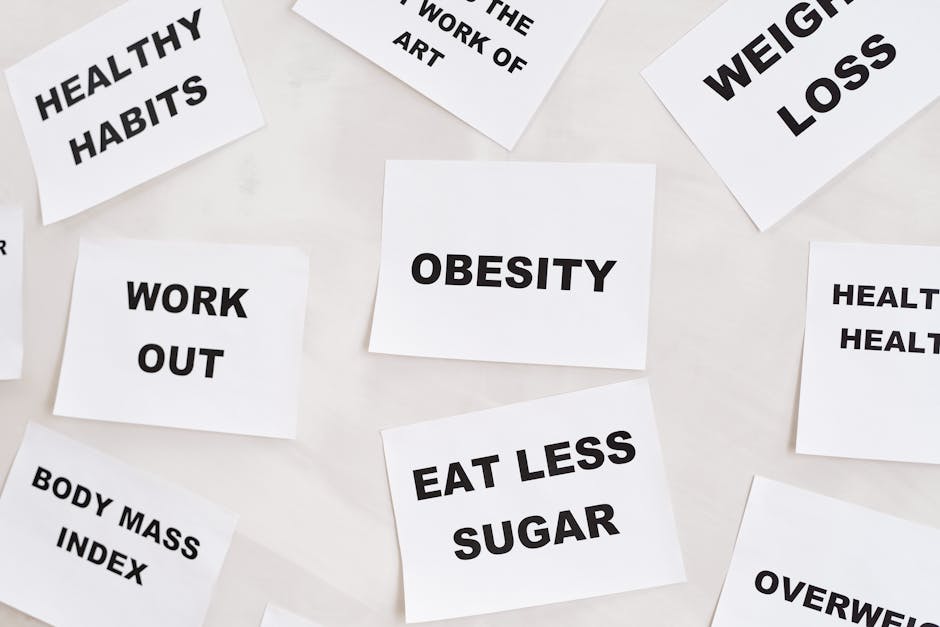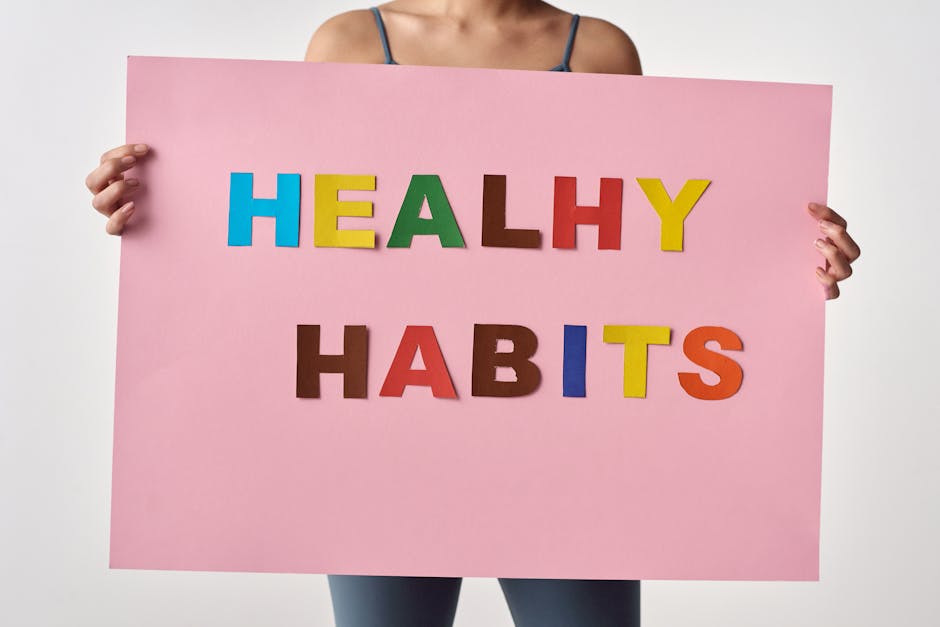Unlocking a Healthier You: A Comprehensive Guide to Healthy Habits
When it comes to leading a fulfilling life, our habits play a crucial role in shaping our daily routines and overall well-being. From what we eat to how we move our bodies, the choices we make every day can have a profound impact on our physical, mental, and emotional health. In this comprehensive guide to healthy habits, we will explore the science behind building and maintaining a healthy lifestyle, uncover the secrets to long-lasting change, and provide practical tips to help you unleash your full potential.
The Power of Habits

Our habits are the building blocks of our lives. They are the small, seemingly insignificant actions we repeat day in and day out that ultimately shape the trajectory of our health and happiness. According to research, habits make up about 40% of our daily behaviors, highlighting their immense influence on our lives.
Understanding how habits are formed and how they can be changed is key to unlocking a healthier you. The habit loop, as described by Charles Duhigg in his book “The Power of Habit,” consists of a cue, a routine, and a reward. By recognizing the cues that trigger our habits, replacing unhealthy routines with positive ones, and reaping the rewards of our efforts, we can create lasting change in our lives.
The Role of Nutrition

One of the foundational pillars of a healthy lifestyle is nutrition. The food we eat fuels our bodies, providing the essential nutrients needed for optimal functioning. A balanced diet rich in fruits, vegetables, whole grains, lean proteins, and healthy fats is key to maintaining a healthy weight, supporting our immune system, and reducing the risk of chronic diseases.
When it comes to building healthy eating habits, mindfulness is key. Paying attention to hunger cues, practicing portion control, and choosing whole, nutrient-dense foods over processed options can help us make better food choices and foster a positive relationship with food. Meal planning, prepping healthy snacks, and staying hydrated are also important strategies to support a healthy diet.
The Importance of Physical Activity

In addition to proper nutrition, regular physical activity is essential for overall health and well-being. Exercise not only helps us maintain a healthy weight and build strong muscles and bones but also plays a crucial role in reducing the risk of chronic diseases such as heart disease, diabetes, and cancer.
Finding an exercise routine that works for you is key to staying motivated and consistent. Whether you prefer running, yoga, weightlifting, or dancing, incorporating movement into your daily life can have a transformative impact on your physical and mental health. Setting realistic goals, tracking your progress, and varying your workouts to prevent boredom are all effective strategies for maintaining an active lifestyle.
The Importance of Sleep

When it comes to healthy habits, sleep often takes a backseat to nutrition and exercise. However, getting an adequate amount of high-quality sleep is essential for optimal health and well-being. Sleep plays a critical role in cognitive function, mood regulation, immune function, and overall physical health.
To improve your sleep habits, establish a regular sleep schedule, create a relaxing bedtime routine, and create a sleep-friendly environment free of distractions. Limiting screen time before bed, avoiding caffeine late in the day, and practicing relaxation techniques such as deep breathing or meditation can also help improve the quality of your sleep.
Mental Health and Stress Management
Our mental health is just as important as our physical health when it comes to leading a fulfilling life. Stress, anxiety, and depression can take a toll on our overall well-being, affecting our relationships, work performance, and quality of life. Developing healthy coping mechanisms and stress management techniques is key to maintaining good mental health.
Practicing mindfulness, engaging in regular physical activity, seeking support from friends and family, and prioritizing self-care are all effective strategies for managing stress and improving mental health. Therapy, meditation, journaling, and hobbies are also valuable tools for promoting emotional well-being and resilience in the face of life’s challenges.
Building Healthy Relationships
Our relationships with others play a significant role in our overall happiness and well-being. Cultivating healthy, supportive relationships with friends, family, and romantic partners can provide a sense of belonging, security, and fulfillment in our lives. Communication, trust, and mutual respect are essential components of healthy relationships.
To nurture healthy relationships, prioritize quality time with loved ones, practice active listening, express gratitude and appreciation, and resolve conflicts in a constructive manner. Setting boundaries, honoring your needs and values, and fostering open communication are also important for maintaining healthy relationships that contribute to your overall well-being.
Self-Care and Personal Growth
Self-care is the practice of prioritizing your physical, mental, and emotional well-being by engaging in activities that nourish and replenish your energy. Taking time for yourself, setting boundaries, and engaging in activities that bring you joy and fulfillment are all essential components of self-care.
Self-care looks different for everyone and may include activities such as reading, taking a bath, going for a walk in nature, or practicing a hobby. By making self-care a priority in your daily routine, you can reduce stress, improve your mood, and enhance your overall quality of life.
Expert Opinions
According to Dr. Mark Hyman, a renowned functional medicine physician and author, “Healthy habits are the foundation of a thriving life. By prioritizing proper nutrition, regular exercise, quality sleep, and stress management, we can optimize our health and well-being, allowing us to live our best lives.”
Dr. Hyman emphasizes the importance of personalized nutrition, individualized exercise plans, and holistic approaches to health that address the root causes of disease rather than just treating symptoms. By taking a comprehensive approach to wellness, we can create lasting change in our lives and unlock our full potential.
Conclusion
As we’ve explored in this comprehensive guide to healthy habits, taking care of your physical, mental, and emotional well-being is essential for leading a fulfilling life. By prioritizing proper nutrition, regular physical activity, quality sleep, stress management, healthy relationships, self-care, and personal growth, you can unleash your full potential and thrive in all areas of your life.
Remember, building healthy habits takes time, patience, and consistency. Start small, make gradual changes, and celebrate your progress along the way. By taking care of yourself and investing in your health, you can create a life that is vibrant, joyful, and full of vitality.
So, what are you waiting for? Start implementing these healthy habits today and embark on a journey to a healthier, happier you!




